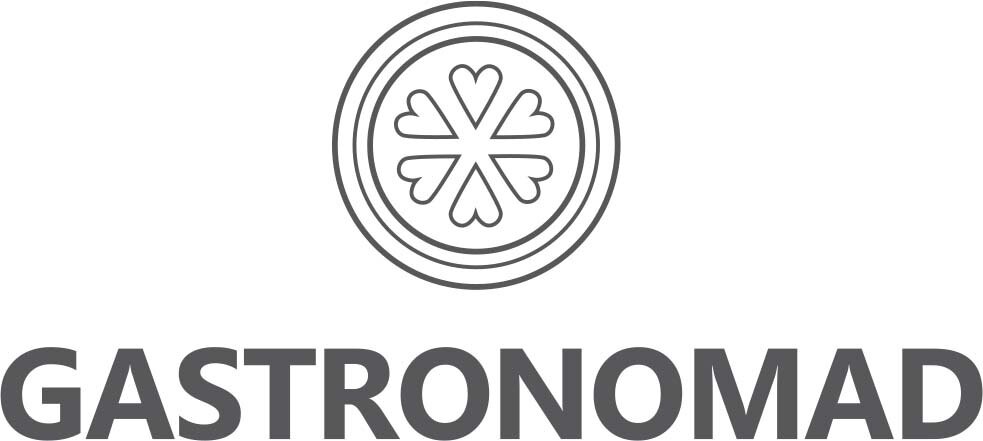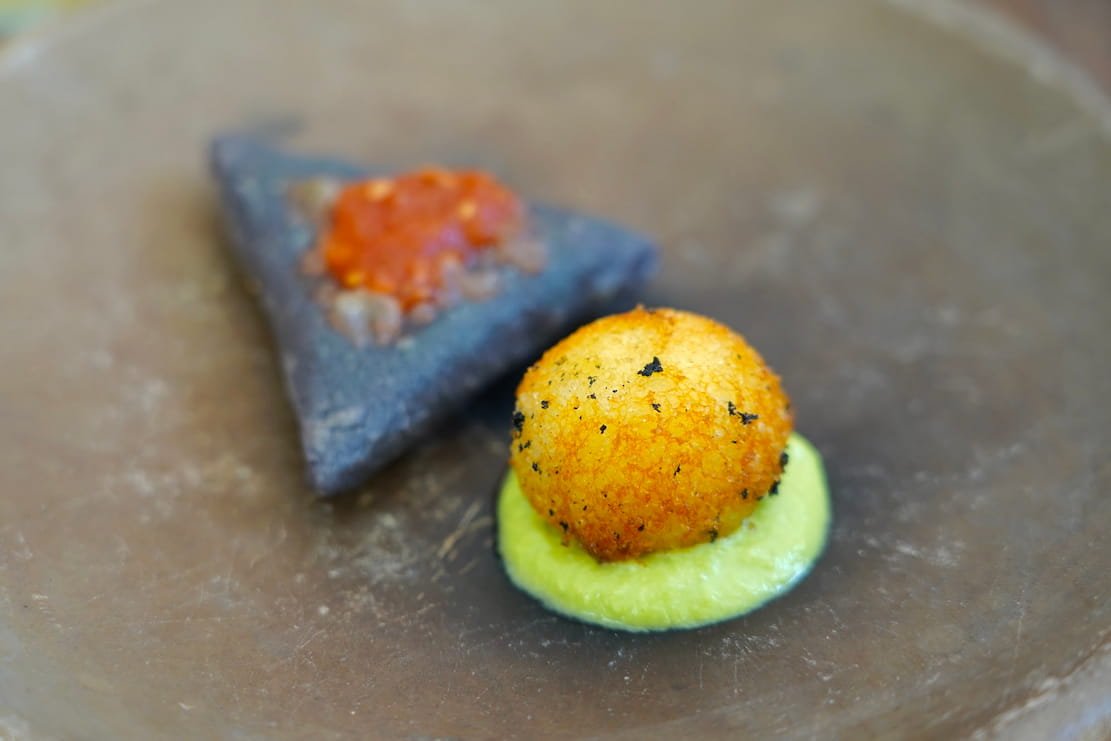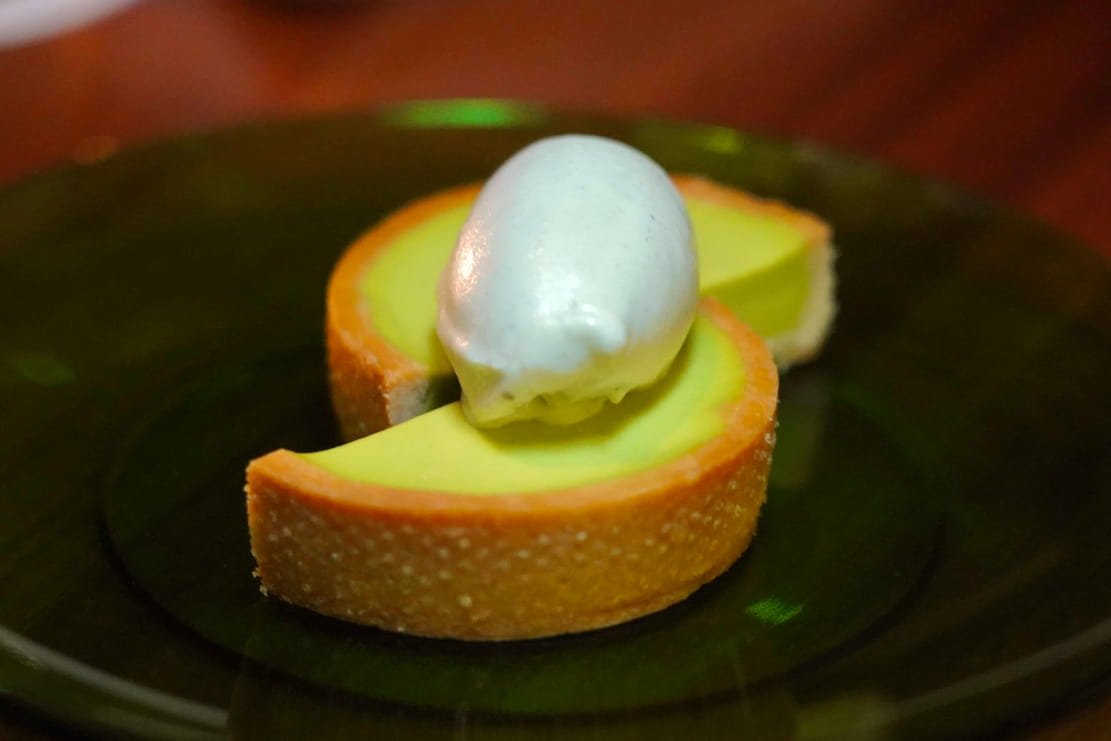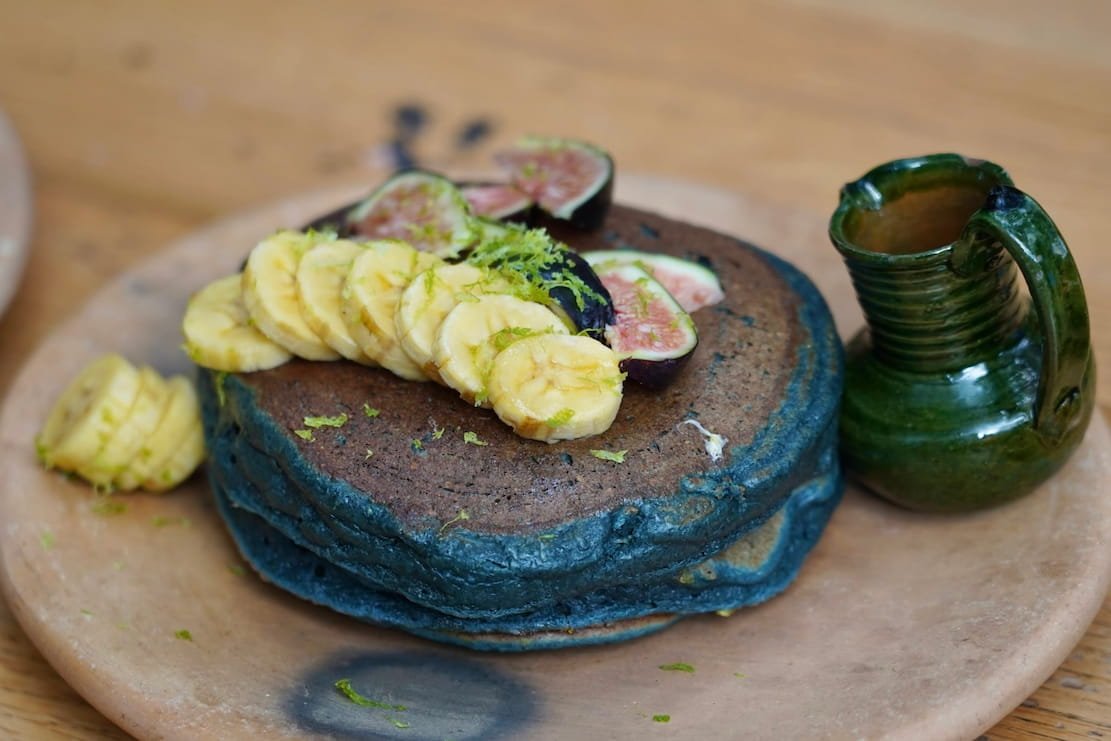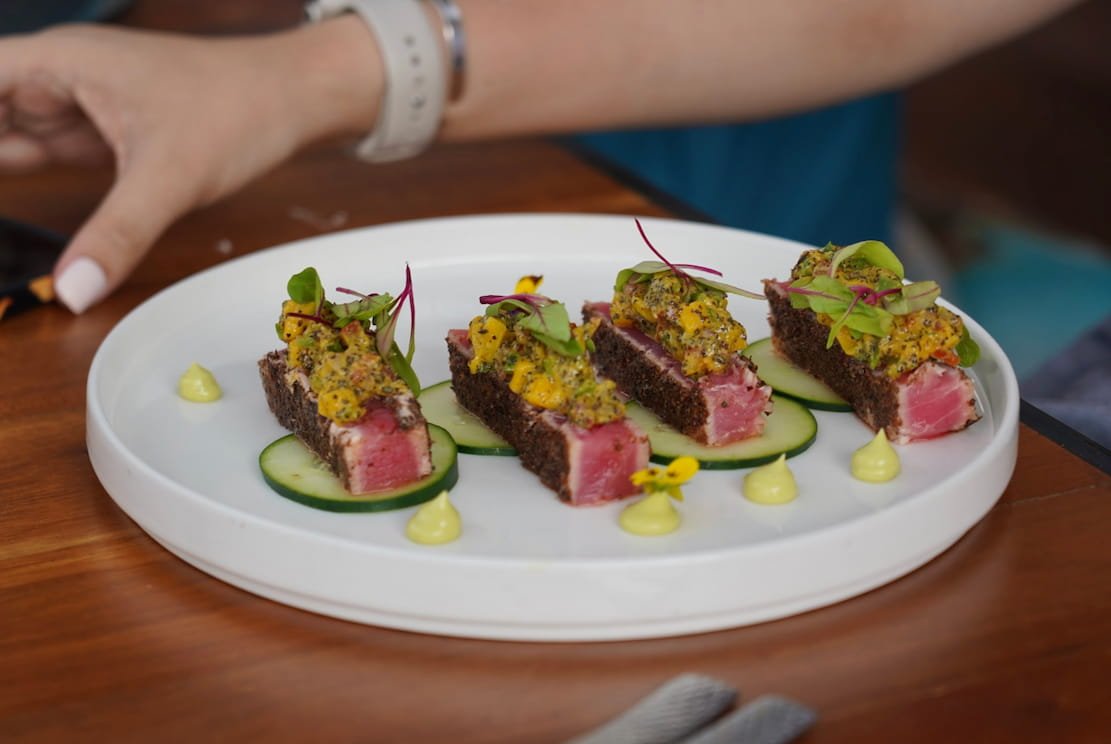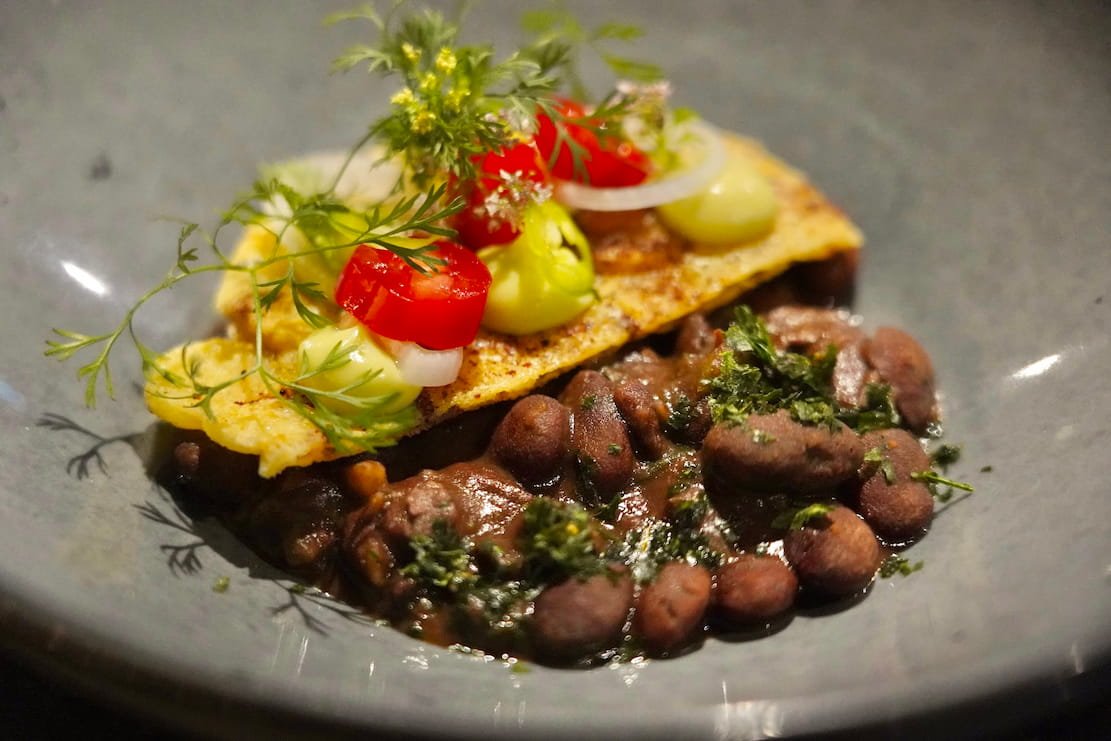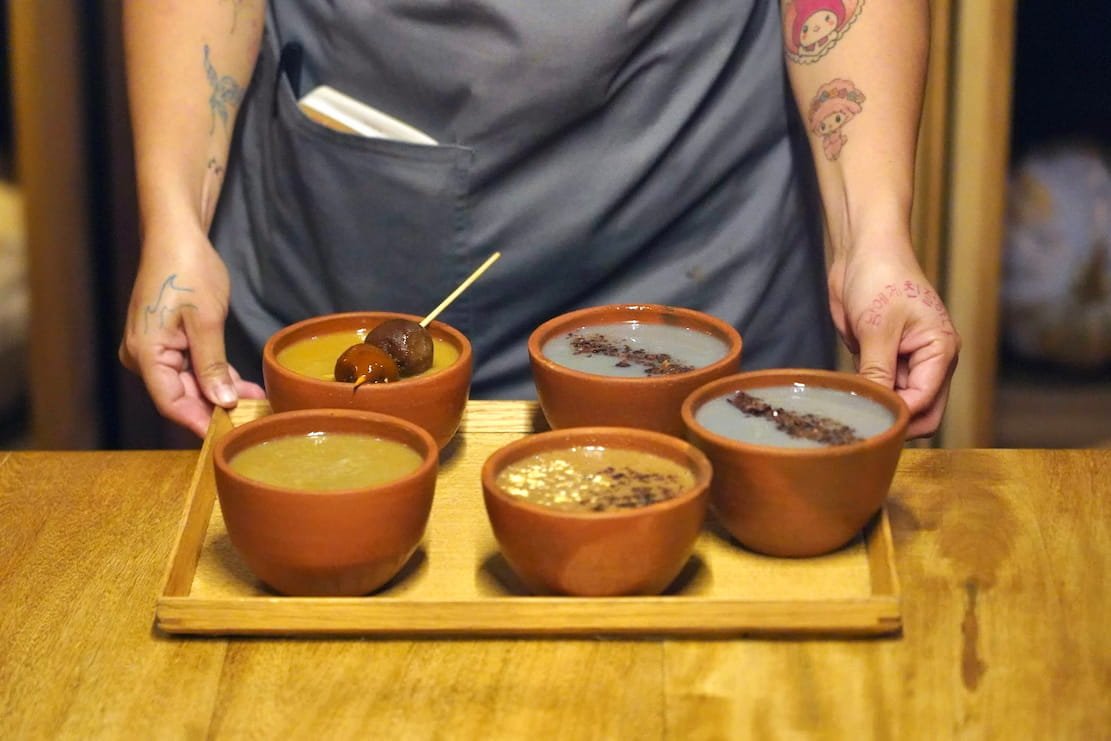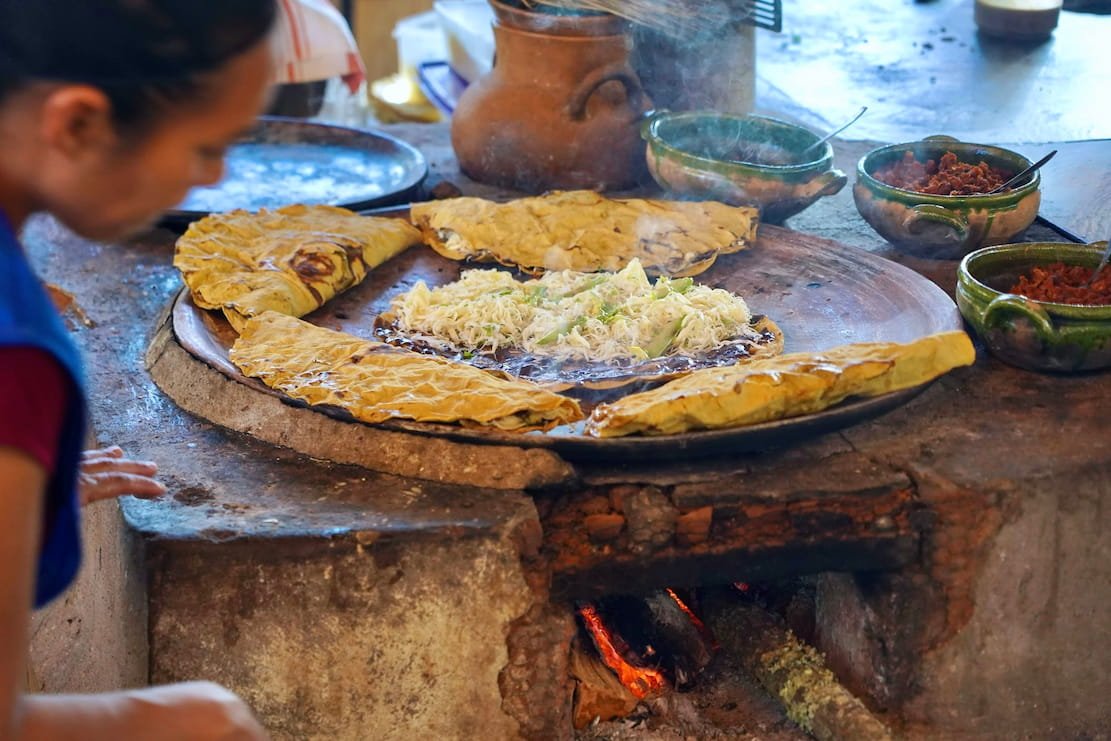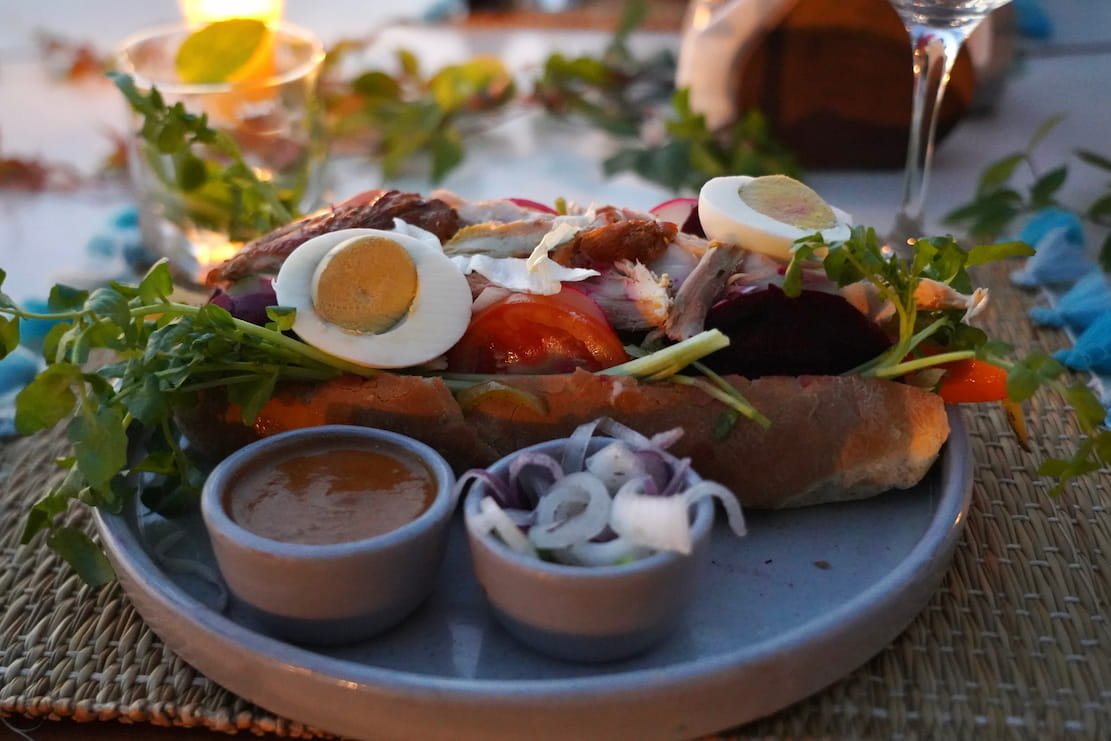The greatest and most consequential event in all human history was the “discovery” of the Americas by Europeans.
While Polynesians, Vikings and other outsiders beat the Europeans to the Americas, their cultural impact was nil. They changed nothing.
But the cultural impact of Christopher Columbus discovering, well, the Bahamas on October 12, 1492 was global and total.
Before that day, Asia, Africa and Europe constituted one world, and North and South America constituted another.
The Americas were populated by a few thousand stone-age wanderers from Siberia whose overachieving descendants would (independent of external innovations) invent the wheel, the abacus, the concept of zero, the calendar and the pyramid.
The arrival of Columbus was the first event in the “Columbian Exchange” — where people, ideas, diseases, animals and plants from each world flooded the other.
And food!
The so-called “old world” gave the “new world” foods it never encountered before: rice, sugar, wheat, citrus fruits, bananas, apples, yams, onions, chicken, beef, cheese, coconuts, grapes and hundreds of other foods.
In return, the Americas gave the rest of the world chocolate, corn, tomatoes, potatoes, avocados, chiles, pineapples, pumpkins, cranberries, green beans, maple syrup, papayas, peanuts, turkeys and vanilla.
The Columbian Exchange made possible countless foods and dishes worldwide. We don’t think of Italian tomato sauce as Mayan food, or Swiss Chocolates as Mayan food or Korean kimchi being spicy because of Mayan food. It's all Mayan food.
Not so in Latin America. There, the Columbian Exchange is real and conspicuous. But the expression of this fusion between the old world and new world varies wildly from place to place.
That’s why we love exploring Columbian Exchange fusion culture in Mexico City, Oaxaca and El Salvador during our Gastronomad Experiences. These three locations represent the extremes of food culture within the world of Spanish North America.
What this extraordinary trio have in common is that they were all part of the Viceroyalty of New Spain for 300 years (from 1521 to 1821). During those centuries, the mighty Spanish empire held territories throughout the Americas, Europe, Africa and Asia, and served as a global conduit for people, ideas, technologies and food. And the impact is still present.
Mexico City, the biggest (and best) city in the Americas is a gastronomic paradise, where you can find foods from all regions of Mexico and the world expressed in exquisite and singular form. I hope you read our post on why Mexico City is the center of the chocolate world, but that’s one example of why CDMX is a mind-blowingly great food city. (And don’t even get me started about the cocktails.)
We know some of that city’s greatest chefs, chocolate makers, wine specialists and ultra-foodies, and the Mexico City Gastronomad Experience is a life-changing, top of the bucket list adventure.
Funny thing about those Mexico City chefs — they love Oaxaca. The greatest fine-dining restaurants in the city, such as Pujol, obsess over their Oaxacan ingredients and influences.
Oaxaca is unique in Mexico because of the influence of indigenous culture there. Around half the population of the state of Oaxaca is indigenous peoples, many of whom don’t even consider themselves part of Mexico, but their own unconquered nations. The food in Oaxaca is incredible — unlike anywhere else on Earth.
And the cuisine of El Salvador shatters expectations. It’s a tropical paradise where we can have it all, the softest black sand beaches, magnificent scenery including majestic volcanoes and stunning lakes, the unparalleled cuisine -- and coffee and cacao farms!
The country is largely devoid of fully indigenous communities, but goes totally old-school on basics like tortillas — always made purely by hand and never with tortilla presses — and its famous pupusas, which the pre-hispanic Lenca and Pipil people would recognize in every way but the cheese. In some ways, El Salvador is more modern — more American, actually — than Mexico City. But in other ways, more indigenous than even Oaxaca.
Our Gastronomad community craving Latin America’s delicious food cultures often ask us: Which of these experiences do you recommend? Which is best? Which to choose?
Impossible questions. We cannot choose, and we love them all. Flip a coin. You can’t go wrong. We promise you will love them all as much as we do!
